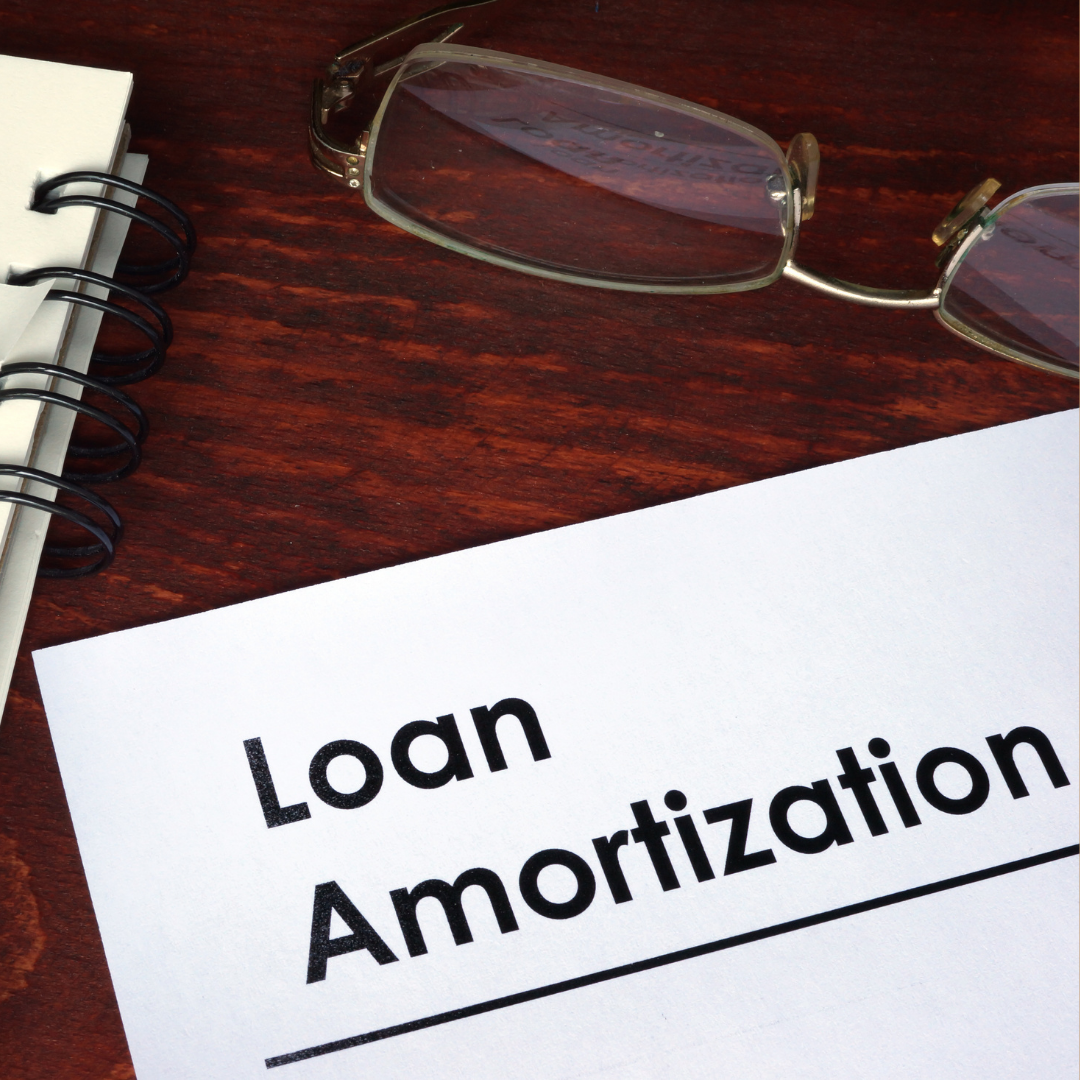Amortization: What You Need To Know About How Your Loan Is Paid Off
 If you own a home, you will see a lot of information about your payment schedule. It specifies exactly what payments you have to make, when you have to make them, and how much of each payment will go toward your principal and interest. This is called an amortization schedule, and it is typically designed in such a way that your last payment pays off your loan down to the penny. How does this impact the life of your loan?
If you own a home, you will see a lot of information about your payment schedule. It specifies exactly what payments you have to make, when you have to make them, and how much of each payment will go toward your principal and interest. This is called an amortization schedule, and it is typically designed in such a way that your last payment pays off your loan down to the penny. How does this impact the life of your loan?
Most Of Your First Few Payments Go Toward The Interest
During the first few years, the majority of each payment is going to be directed toward the interest that you owe. Then, as you pay off more of the loan, the balance will generally shift to the principal. By the end of your amortization schedule, almost all of your payments are going to go toward principal, with very little of each payment going toward interest. If you make additional payments ahead of schedule, those payments should go toward the principal on your loan.
How Lenders Calculate How Much You Owe
Your mortgage lender is going to collect a lot of information about your financial history. This might include your proof of employment, your credit score, and your bank statements. Then, they will calculate the interest rate on the loan. They will use this information to draw up an amortization table, figuring out how much interest you will pay every month based on your interest rate. Finally, your lender will figure out how much of each payment will be applied to your interest and principal.
Why An Amortization Schedule Matters For Your Mortgage
There are several reasons why your amortization schedule is so important. First, it dictates how quickly you build up equity in your home. The faster you build up equity, the more financial freedom you have. You might want to draw on your home equity for certain purchases down the road, and you want to maximize the amount of money you get back when you sell your house. Furthermore, your amortization schedule gives you peace of mind, knowing that your monthly payments are going to be the same over the life of the mortgage.

 If you’re looking into fixed term mortgages, you might be wondering whether there’s any reason why you should take the full term to pay off the loan. In a lot of cases, paying off a mortgage before it comes due is a great decision. If you’re considering paying off your mortgage early, you’ll experience a variety of benefits – here are just a few of them.
If you’re looking into fixed term mortgages, you might be wondering whether there’s any reason why you should take the full term to pay off the loan. In a lot of cases, paying off a mortgage before it comes due is a great decision. If you’re considering paying off your mortgage early, you’ll experience a variety of benefits – here are just a few of them. The success of your real estate ventures depends on your ability to navigate the financial world. Learn these terms to make it easier to understand what’s going on with your real estate investments.
The success of your real estate ventures depends on your ability to navigate the financial world. Learn these terms to make it easier to understand what’s going on with your real estate investments.